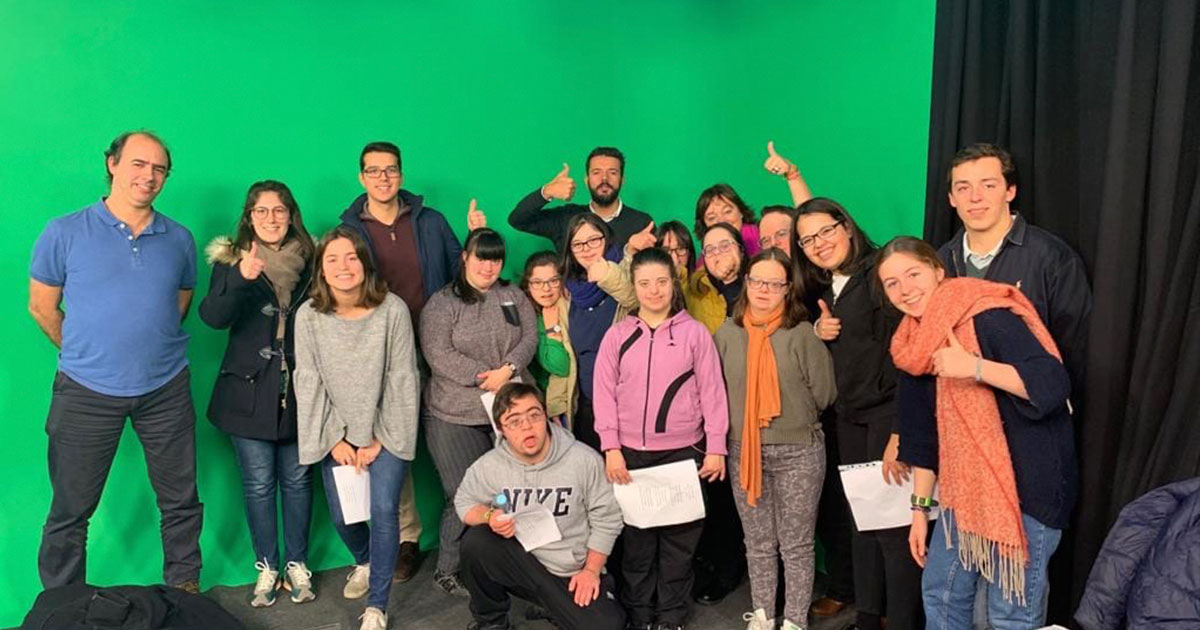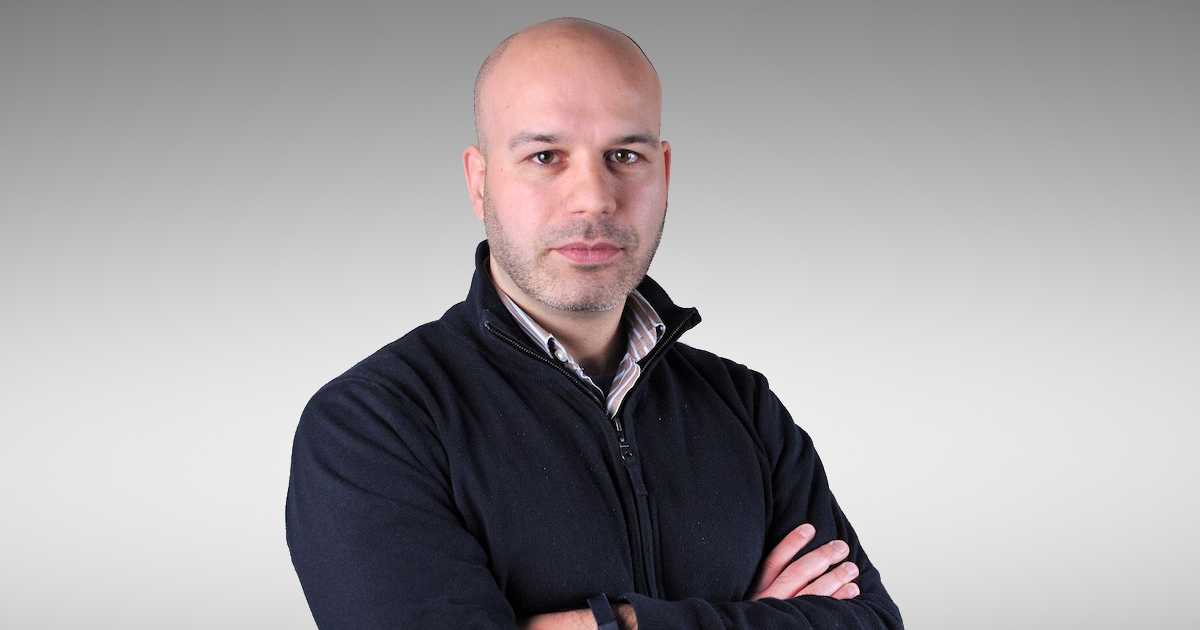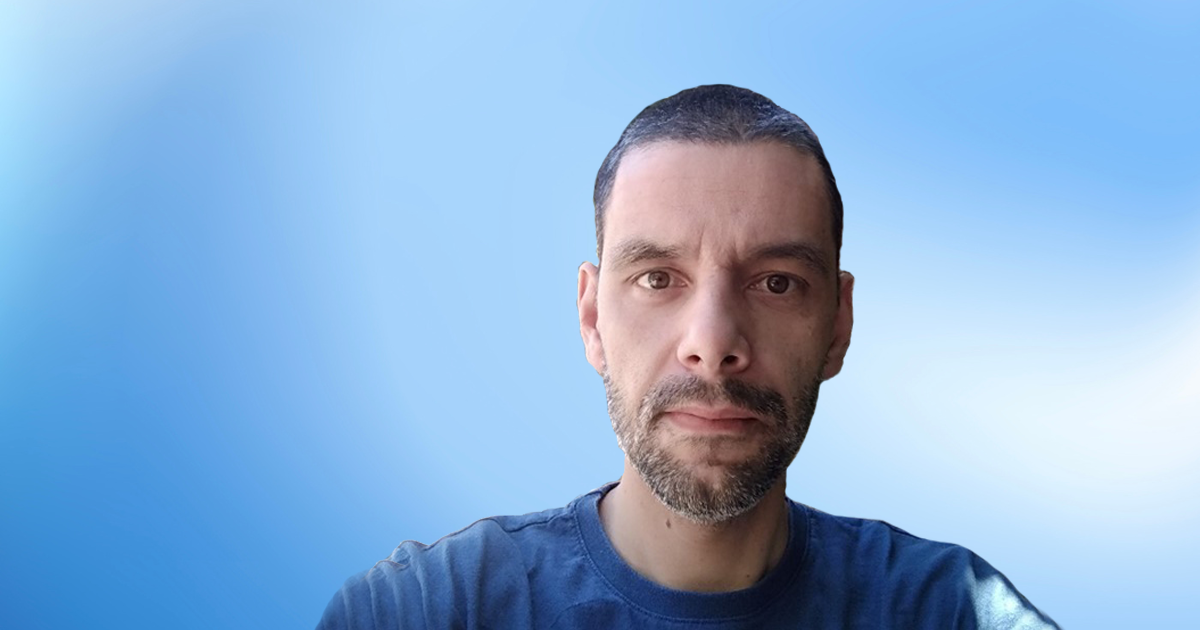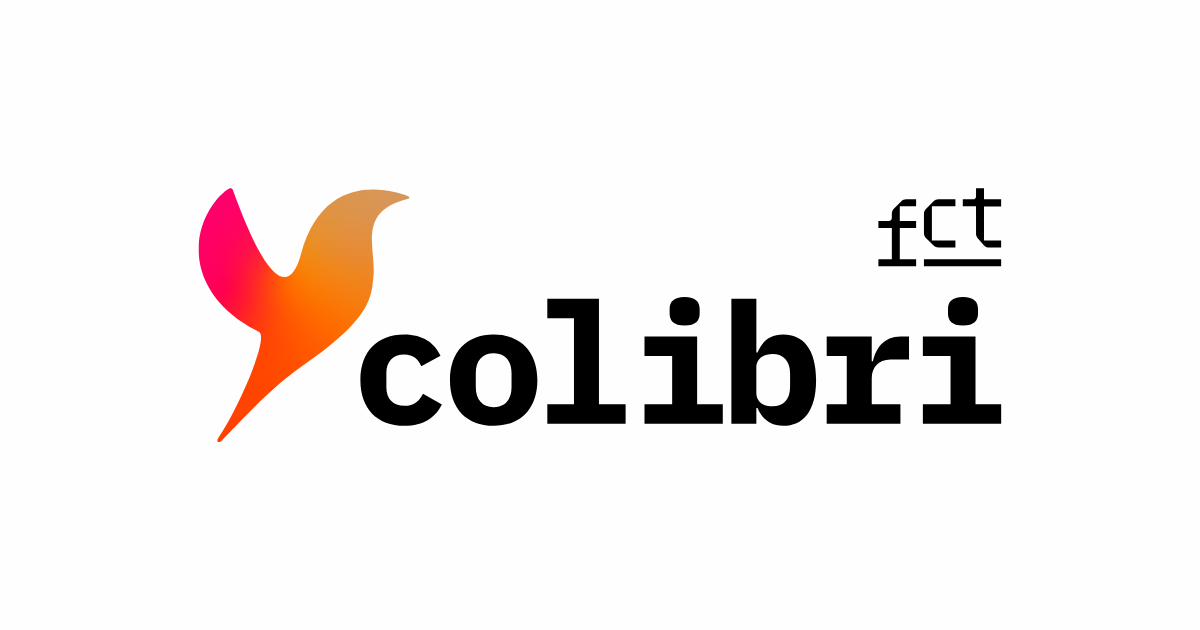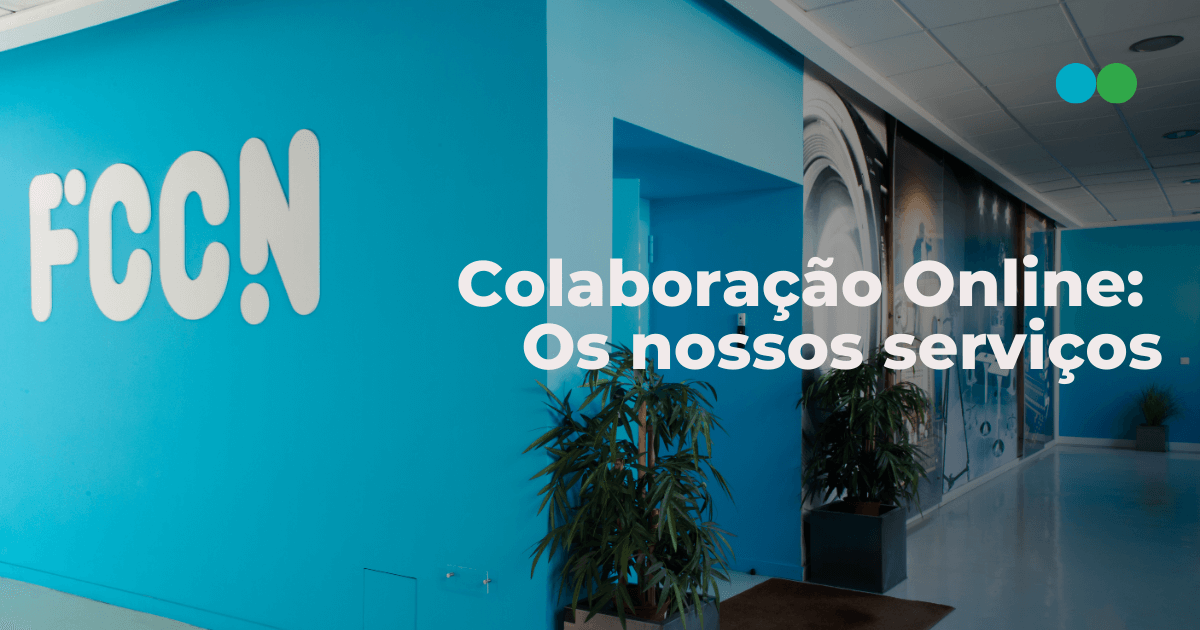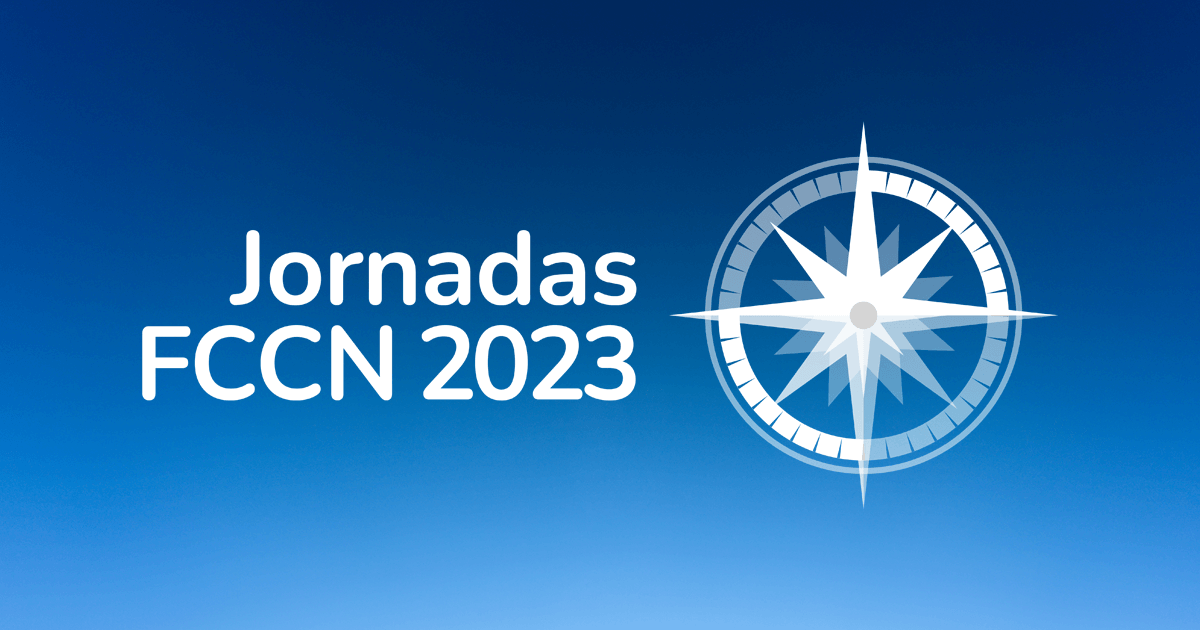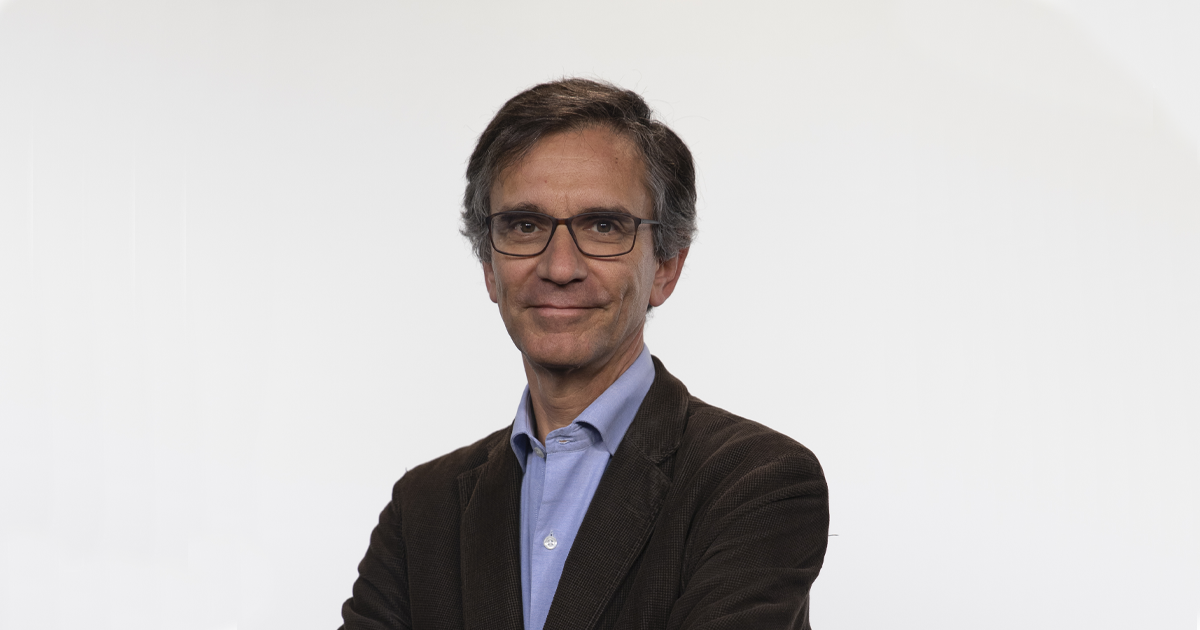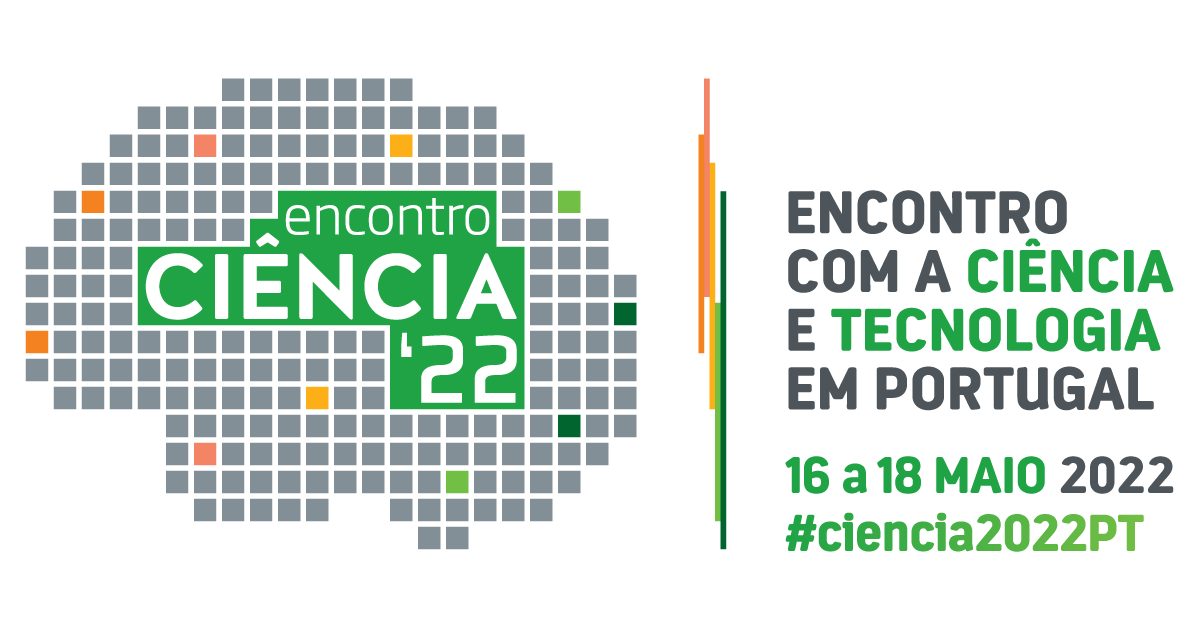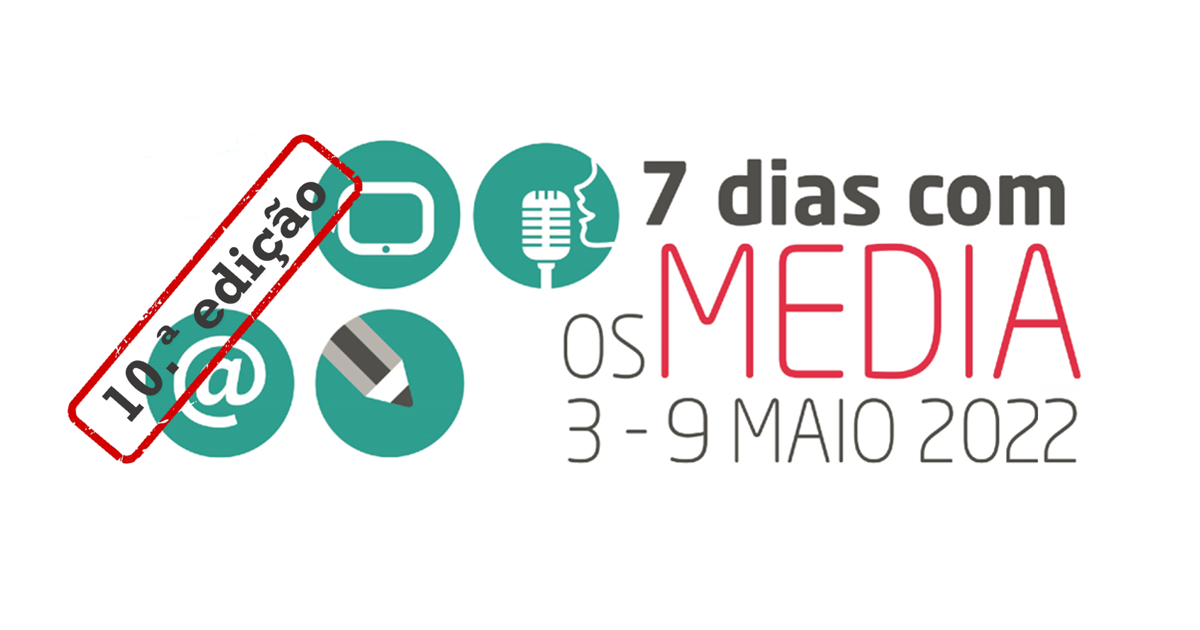Digital Literacy for the Labour Market" project is the responsibility of the Polytechnic Institute of Santarém.
Through this first edition of the project, it will be possible to qualify young people with intellectual and developmental disabilities (IDD) with a degree of disability equal to or greater than 60%. According to the Polytechnic of Santarém, the methodology is inspired by the model of the Autonomous University of Madrid, with training lasting two academic years.
The work started at the beginning of the 2018/2019 academic year and, as the Ministry of Education highlights on its website, this is "the first inclusive education training model, in a higher education context for young people with IDD, to be carried out in Portugal". The focus, it adds, is on inclusive education and digital skills.
This first edition has 11 students and is divided into two complementary learning environments, according to the project's presentation document: classroom training and specific training for work in companies, carrying out internships in different services. At the end, the students of this program have the following areas as professional outlets: Public Administration, Professional Centers, Schools, Companies, Insurance, Auxiliary Services and Hotel Entities.
Expectations exceeded
The School of Education of Santarém assumes a leading role in this project. From the training environment of this school, it will be possible to enable these young people to work in different work contexts, train to adapt to different business cultures, foster equality, mutual acceptance and self-reflection, as well as develop the ability to work in teams.
The project coordinator, Maria Potes Barbas, believes that the experience "has been extraordinary", highlighting "the fundamental support of the 37 associated companies and, above all, the Ministry of Science and Higher Education". She also highlights the role of 117 volunteers, 17 teachers and the support provided by families.
For the specialist in Multimedia Education, the initiative has "exceeded expectations", namely through the media projection achieved that "ensured a permanent contact with civil society". " We have received many contacts, also in the sense of knowing how this project can be implemented", she reveals. In this sense, at the end of the first edition, in 2020, an e-book will be published that will offer the possibility to all Higher Education Institutions to replicate this training.
Maria Potes Barbas also highlights the context in which this training arises, after the publication of Law No. 4 of 2019, on January 10, which, according to the diploma, "establishes the employment quota system for people with disabilities, with a degree of disability equal to or greater than 60%". The legislation applies to all companies with more than 75 employees.
Still on the connection with the business world, the coordinator highlights as very positive the fact that all students "already have the possibility of doing a paid internship" during the next academic year.
A visit to the Studio FCCN
During the month of January, the students visited Estúdio FCCN. The aim was to record the project's anthem with the help of Mariana Froes (Mimi - former contestant on The X Factor Portugal).
For Maria Potes Barbas, this experience was "fundamental for the students' joy". " This is an area - motor expression, like dance or music - that they really like", she points out, before concluding: "And they had the opportunity to get to know the studio and its human resources, who welcomed us in an exemplary manner".
